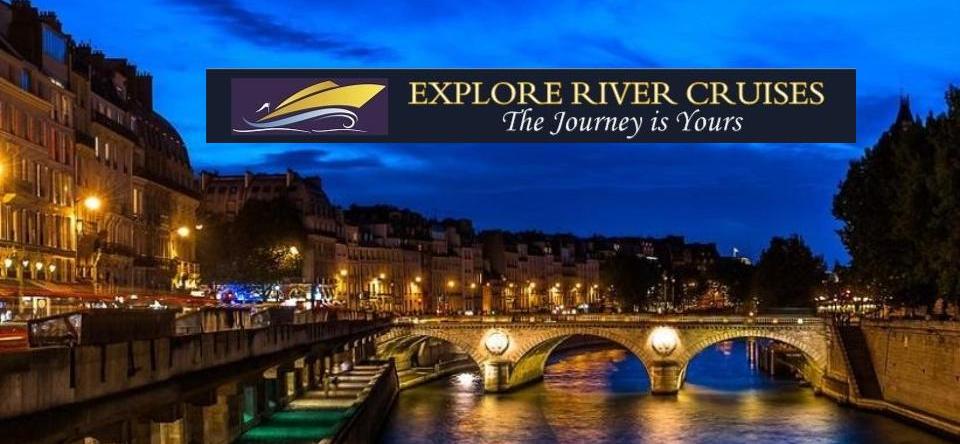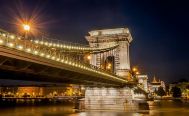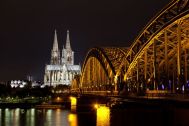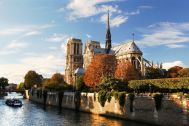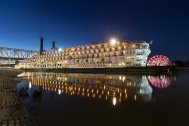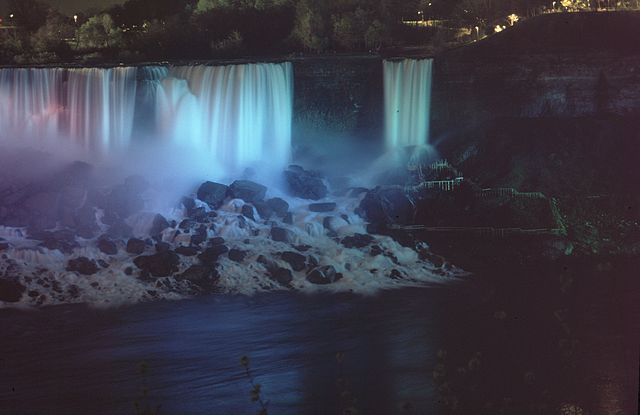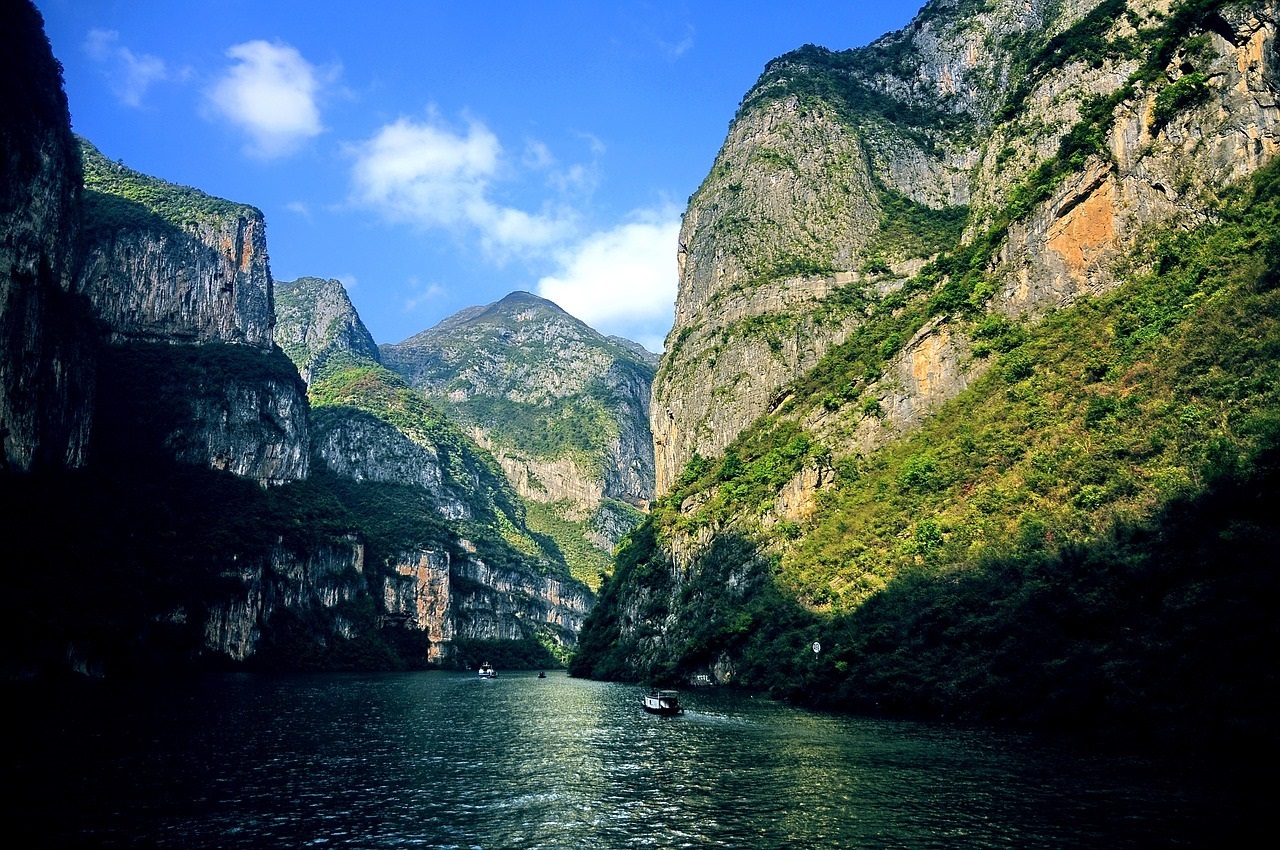Volga River Cruises
From Moscow to St. Petersburg
Volga River cruises combine different waterways as they journey through Russia between Moscow and St. Petersburg. Itineraries begin and end in both cities, so your trip can begin on either the Neva River or the Moskva River.
If your cruise begins in Moscow, you will travel northward on the Moskva River to the Moscow Canal until your river boat meets the Volga River. Your cruise will continue along the Volga-Baltic Waterway joining three other bodies of water – Lake Onega, the Svir River and finally the Neva River by way of the Ladoga Canal. St. Petersburg is located on the Neva River.
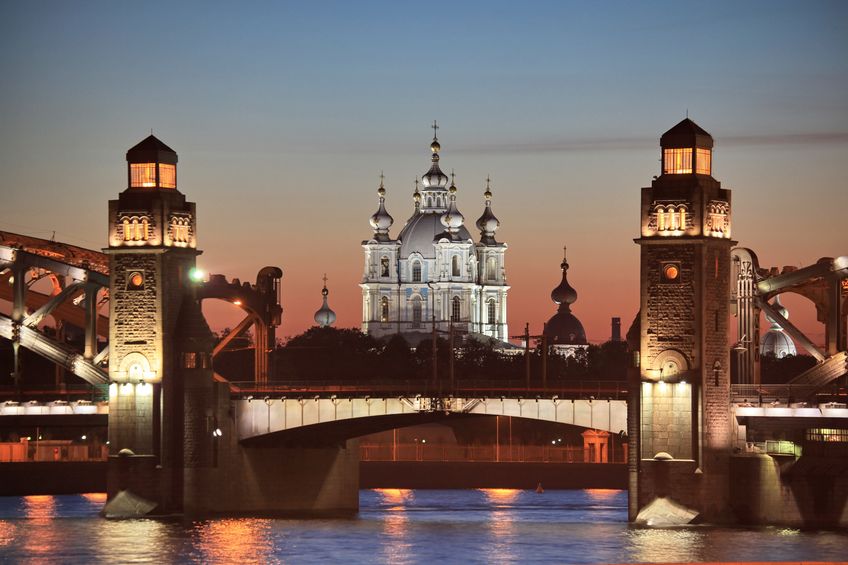
The Bridge of the Emperor Peter I on Neva River in St. Petersburg, Russia
Cruises also begin in St. Petersburg and follow a route in the opposite direction beginning with the Neva River and ending with the Moskva River in Moscow.
Several river cruise lines offer a few itineraries on the Volga River.
Volga River Facts
The Volga River is one of several rivers that originate in the Valdai Hills of Russia – northwest of Moscow and is located entirely in Russia. It’s 2,300 miles long and is the longest river in Europe. Initially, it flows from west to east and then begins to flow in a southerly direction and eventually turning southeast before emptying into the Caspian Sea.
Part of the Volga River is included in the Volga-Baltic Waterway, which extends from Rybinsk (north of Moscow) to St. Petersburg and includes three other bodies of waters for Volga River Cruises. The major waterway is comprised of a series of canals, lakes and rivers that link the Volga River to the Baltic Sea.
It’s interesting to note that the Volga River freezes about three months out of the year.
Volga River Cruise Destinations
On a Volga River cruise, you'll travel through six different inter-connected waterways between Moscow and St. Petersburg. The course of your journey will take you along the following waterways from Moscow to St. Petersburg or the other way around:
Moskva River > Moscow Canal > Volga River > Lake Onega > Svir River > Neva River
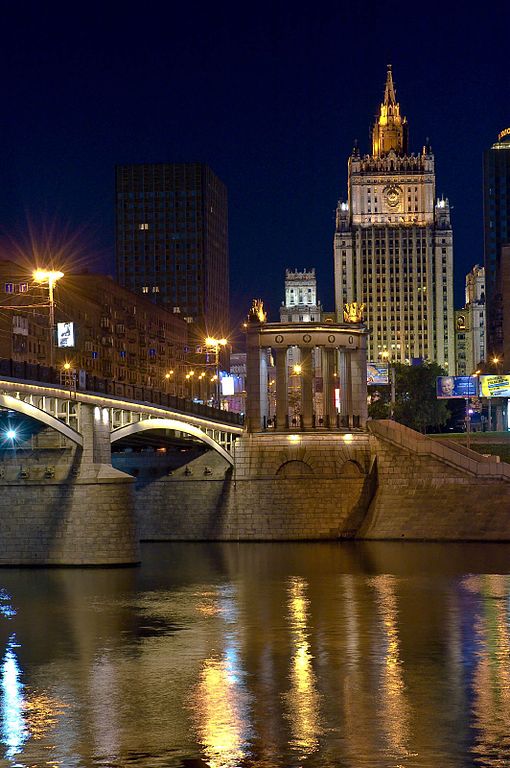
Borodinsky Bridge on Moskva River in Moscow
By Jack Versloot from Beijing [CC-BY-2.0 (http://creativecommons.org/licenses/by/2.0)], via Wikimedia Commons
The Volga River begins its flow into the Volga-Baltic Waterway in Rybinsk, Russia near Yaroslavl.
Lake Onega is joined by the the Volga-Baltic Waterway near Kizhi, Russia. It is the 2nd largest river in Europe.
The Svir River provides a waterway between Europe’s two largest lakes—Lake Onega and Lake Ladoga.
The Neva River is connected to the Svir River through the Ladoga Canal.
A UNESCO World Heritage Site that could be in your itinerary:
Kizhi, Russia – Kizhi Pogost - Kizhi island located on Lake Onega
The pogost is a fenced-in area that includes 2 large wooden churches: the 22-dome Transfiguration Church and the 9-dome Intercession Church and a belltower.
St. Petersburg, Russia - Historic Centre of Saint Petersburg and Related Groups of Monuments
If you enjoyed reading this page, please share it with other people you think would also enjoy reading it. Thank you! :)

Lauri Wakefield is a travel writer who specializes in river cruises in Europe and the U.S. Connect with her on Twitter and Google+.
